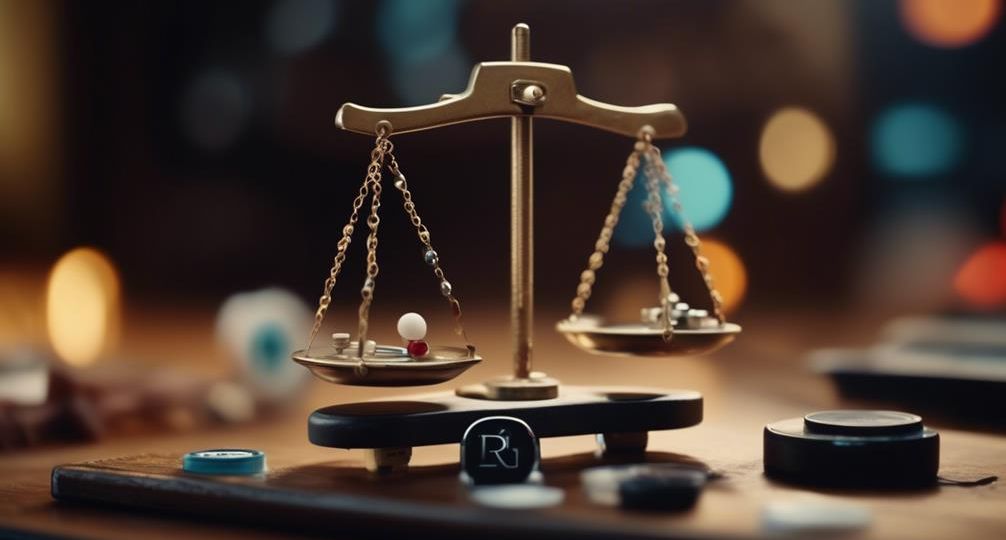
Does Rumble own my content?
Navigating through the landscape of digital content can often feel like crossing a minefield, especially when it comes to understanding who actually owns the content you create.
You’ve likely heard of Rumble, the online video platform, and you may have even uploaded your own videos there. But have you ever stopped to wonder if Rumble actually owns the content you’ve uploaded?
It’s not an uncommon query, and as we move forward, you’ll find that the answer isn’t as straightforward as you might think.
So, hold tight as we venture into the complex world of content ownership on Rumble.
Key Takeaways
- Content ownership refers to having exclusive rights and control over digital content.
- When uploading content on Rumble, you retain ownership rights, but grant Rumble a worldwide, non-exclusive license to distribute, monetize, and promote it.
- Rumble respects copyright law and responds to notices of alleged copyright infringement.
- Understanding Rumble’s Terms of Service and Content Policy is crucial to ensure optimal platform usage while protecting your content.
Understanding ‘Content Ownership
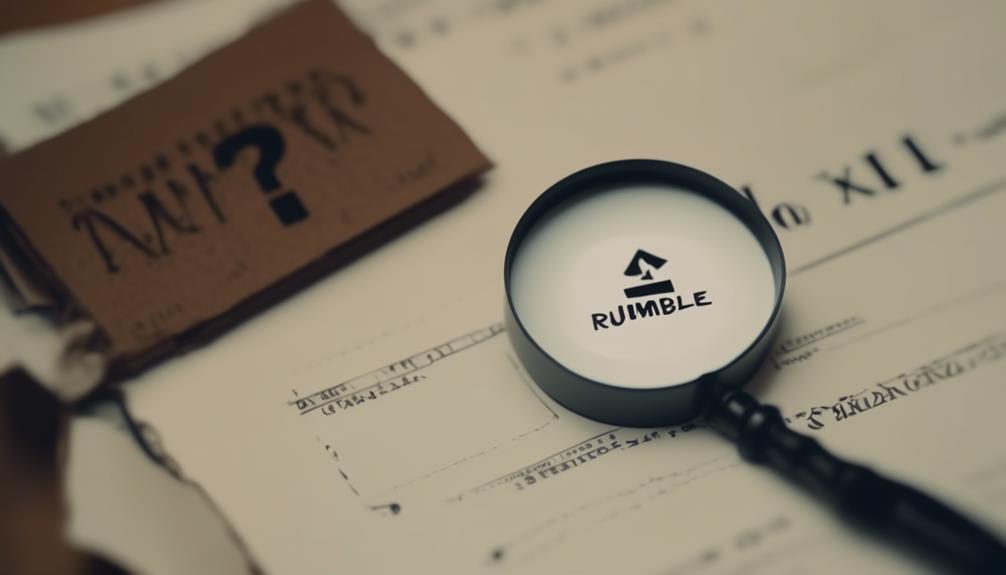
Before diving into the specifics of Rumble’s content ownership policies, it’s crucial for you to grasp a clear understanding of what ‘content ownership’ fundamentally is. In the digital sphere, content ownership refers to having exclusive rights and control over a particular piece of content created by you. It could be a video, an image, a blog post, or any other form of digital content.
Having ownership means you’ve the authority to dictate how, where, and by whom your content can be used. It’s a powerful tool that protects your creative work and ensures it’s not used without your permission. But it’s also a responsibility, as you must manage and protect these rights.
Now, when you upload your content onto platforms like Rumble, you’re entering into an agreement with them. This could impact your content ownership rights. It’s essential to understand the terms and conditions of such agreements, as they vary from platform to platform.
This comprehension is vital in a world where digital innovation is key and content is increasingly becoming the cornerstone of online engagement and business growth.
Exploring Rumble’s User Agreement
Let’s dive into Rumble’s User Agreement, a crucial document that outlines the terms and conditions you agree to when sharing your content on their platform. This is a key tool in understanding who retains ownership rights and how your content may be used.
Here’s a simplified breakdown of some key points from Rumble’s User Agreement:
| Section | Topic | Details |
|---|---|---|
| 1 | Your Content | You retain all ownership rights to your content, but you grant Rumble a worldwide, non-exclusive license to distribute, monetize, and promote it. |
| 2 | User Conduct | You’re responsible for your content. Rumble reserves the right to remove content that violates their guidelines. |
| 3 | Copyright | Rumble respects copyright law and expects users to do the same. They’ll respond to notices of alleged copyright infringement. |
Rumble’s Terms of Service Explained
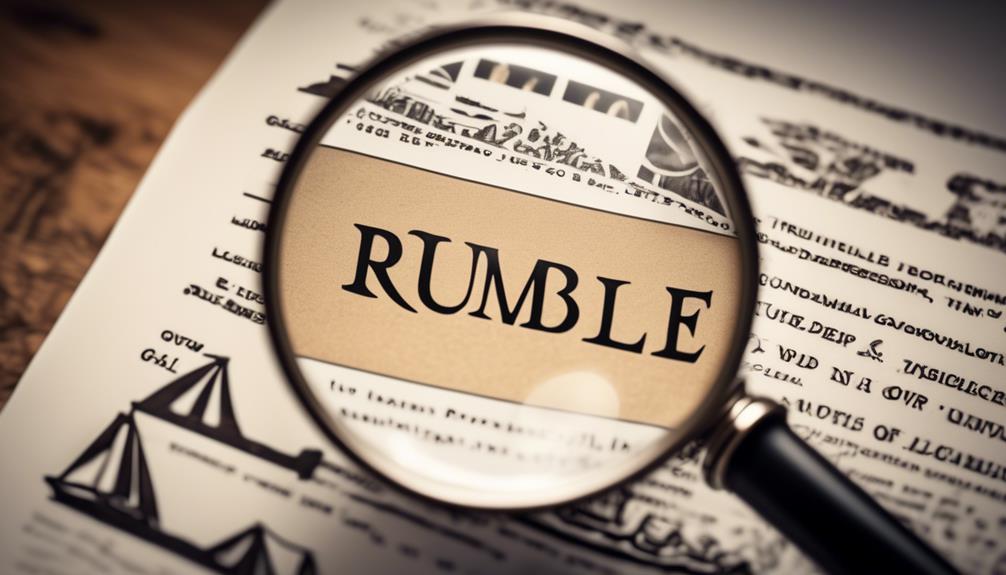
Having dissected the key points in Rumble’s User Agreement, it’s now essential to unravel the platform’s Terms of Service to gain a comprehensive understanding of how the site operates and what it expects of its users.
The Terms of Service (TOS) is a legally binding document that governs your relationship with Rumble. It outlines your responsibilities as a user and what you can expect from the platform. For instance, you’re required to comply with all applicable laws when using Rumble. This means respecting copyright rules and not posting content that’s defamatory, obscene, or offensive.
While Rumble doesn’t claim ownership of your content, it does require you to grant them a worldwide, non-exclusive license to use, reproduce, distribute, and display your content. This is in line with the platform’s goal to disseminate and monetize your videos effectively. You maintain the rights to your content and can withdraw it at any time. However, Rumble reserves the right to remove any content that violates their TOS.
Understanding Rumble’s TOS ensures that you use the platform optimally, fostering a spirit of innovation while respecting the rules that govern its use.
Does Rumble Claim Ownership?
Diving into the question of content ownership, you’ll find that Rumble doesn’t lay any claim to your videos or other media you upload on their platform. They believe in empowering creators, not stifling their rights. But, it’s always critical to be aware of the nuances.
To further illustrate, let’s break down what Rumble does and does not do:
| Rumble’s Action | Ownership Status | Explanation |
|---|---|---|
| Accepts uploads | You’re the owner | You retain all rights |
| Distributes content | You’re the owner | You’re simply granting Rumble a license to share it |
| Monetizes content | You’re the owner | You’re authorizing Rumble to earn ad revenue |
| Stores content | You’re the owner | Rumble is just providing a hosting service |
| Deletes content | You’re the owner | Even if Rumble removes content, you still own it |
Rights Granted to Rumble
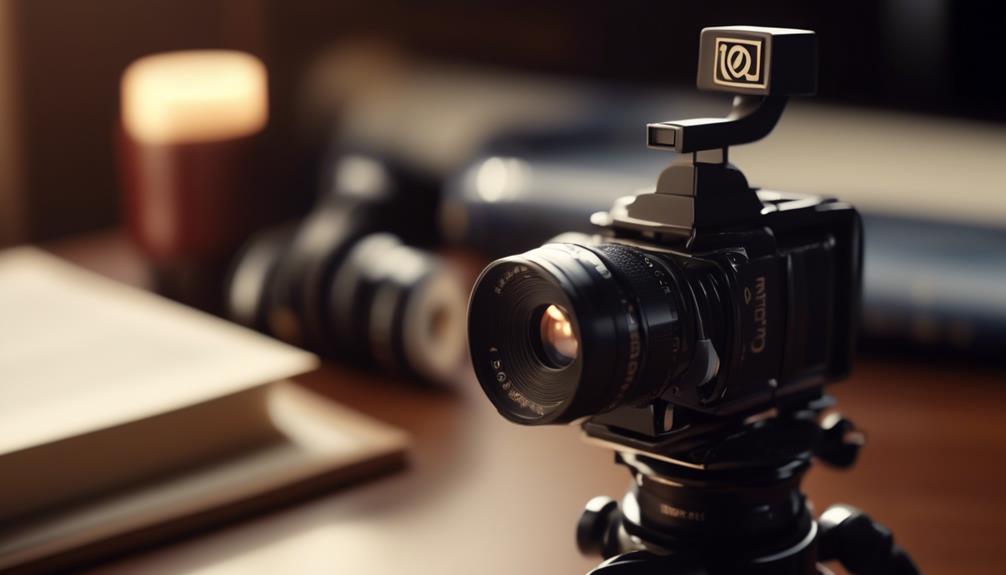
Let’s now turn our attention to the rights you grant to Rumble when you upload your content.
Understanding Rumble’s content policy and how it relates to your personal content is crucial.
It’s also important to clarify the degree of control Rumble holds over your uploaded content.
Understanding Rumble’s Content Policy
To fully grasp Rumble’s content policy, you need to understand the rights you grant to Rumble when you upload your content onto their platform. When you upload, you’re essentially giving Rumble a worldwide, non-exclusive, royalty-free license to use, reproduce, distribute, and display your content.
However, you’re not handing over ownership. Your content remains yours. The license you grant simply allows Rumble to make your content available to its users and partners. This includes the right to adapt, modify, or create derivative works from your content, but only for the purpose of promoting their service or your content.
Don’t worry; Rumble’s policy respects your rights as a content creator while facilitating innovative content distribution and exposure.
Your Content, Rumble’s Control
When you share your content on Rumble, you’re allowing them significant control over how it’s used and distributed, even though you retain ownership. Essentially, you’re granting Rumble a broad license to utilize your content in various ways. Here are a couple of points to note:
Rumble can use your content:
- For promotional activities
- In any media format and through any media channels
Rumble can also:
- Distribute your content to third-party websites and platforms
- Modify or adapt your content as necessary for technical requirements
User Rights on Content
In understanding the user rights on content, it’s essential to know that Rumble doesn’t claim ownership of your uploaded content. Unlike some platforms, Rumble acknowledges your ownership rights, empowering you to innovate, create, and share without the fear of losing your rights. This policy underscores Rumble’s commitment to fostering an innovative environment for content creators.
When you upload content, you’re granting Rumble a license to distribute your work. However, this doesn’t mean they own your content. They’re just legally allowed to share it on their platform and other places where Rumble distributes content. It’s a non-exclusive license, meaning you can also share your content elsewhere.
Furthermore, you maintain the right to remove your content from Rumble at any time. This level of control is part of what makes Rumble an attractive platform for creators. So, while Rumble facilitates the sharing and monetization of your content, they respect and uphold your ownership rights.
Content Licensing on Rumble
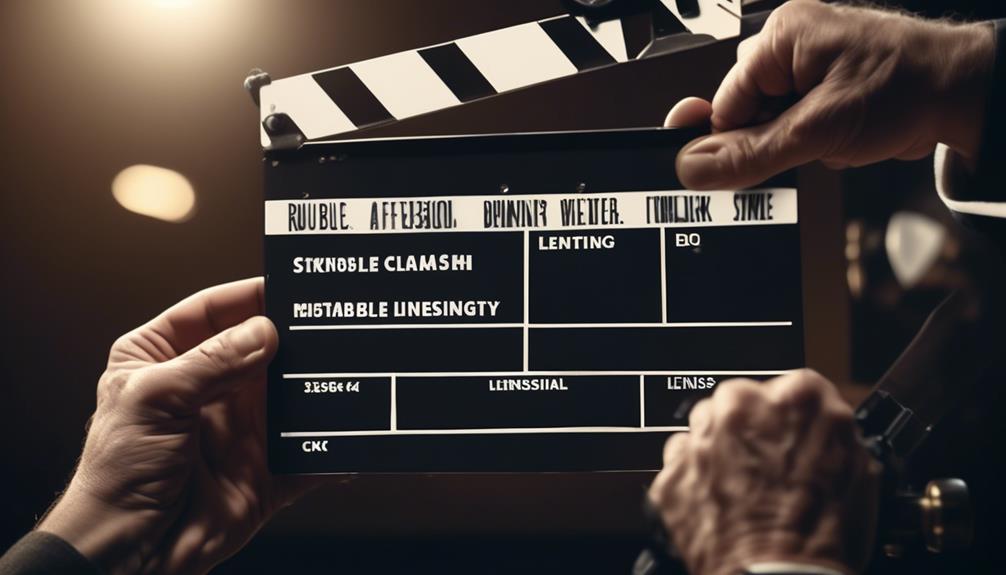
Understanding content licensing on Rumble is crucial for every content creator, as it outlines how your work is distributed and monetized on the platform. You retain the copyright of your content, but by uploading it to Rumble, you’re granting them a license to use and distribute your content. This is a common practice in many video sharing platforms, not just Rumble.
Here’s a quick rundown of what you’re agreeing to when you upload your content to Rumble:
- Granting Rumble a worldwide license to host, reproduce, distribute, and use your content.
- This includes the right to make your content available to other companies, organizations, or individuals who partner with Rumble.
- Also, it allows Rumble to use your content for the promotion of their services.
You’re allowing Rumble to monetize your content. This means Rumble can display advertisements on or within your content. Revenue generated from these ads is shared with you according to Rumble’s monetization policies.
Rumble’s Content Monetization Policy
Now, let’s discuss Rumble’s content monetization policy.
You’ll need to understand the policy and its procedures, as they directly impact how you can potentially earn from your content.
Understanding Rumble’s Policy
Let’s dive into Rumble’s content monetization policy, an essential guide that governs how your content is monetized on this platform. Rumble believes in rewarding creators for their unique content. You’ll find that their policy is innovative and tailored towards maximizing returns for your creative efforts.
In essence, their policy revolves around these concepts:
- Content Ownership: As the creator, you still own your content. This means that you have the right to your original material.
- You’re free to share your content elsewhere.
- You can choose to monetize your content on other platforms.
- Revenue Sharing: Rumble operates on a revenue-sharing model, ensuring that you earn from your content.
- They provide a platform for ad placements.
- You get a share of the earnings from these ads.
Understand that by monetizing your content on Rumble, you’re entering a partnership where both parties benefit.
Monetization Procedures
Navigating through Rumble’s monetization procedures, it’s crucial to grasp how the platform actualizes its revenue-sharing model to reward your creative efforts. Rumble has a diverse range of monetization avenues and each comes with its unique revenue split.
| Monetization Type | Revenue Split | Payout Time |
|---|---|---|
| Ads on Rumble | 60% Creator, 40% Rumble | Monthly |
| Ads on YouTube | 90% Creator, 10% Rumble | Monthly |
| Ads on 3rd Party Platforms | 60% Creator, 40% Rumble | Monthly |
| Licensing and Syndication | 50% Creator, 50% Rumble | Upon Sale |
Content Ownership Rights
Understanding your content ownership rights is a vital aspect of using Rumble’s monetization policy, as it directly impacts your control over your own creative work. Rumble respects creators’ rights and doesn’t claim ownership of your content. You maintain complete control over your creative work. Here’s how it works:
You grant Rumble a license to use your content. This includes:
- Distributing it on their platform and partner sites.
- Using it for promotional purposes.
However, this doesn’t mean Rumble owns your content. You retain:
- The right to use and distribute your content elsewhere.
- The ability to withdraw your content from Rumble at any time.
Protecting Your Content on Rumble
To safeguard your content on Rumble, it’s essential to grasp the platform’s content ownership policies and use the tools provided for protection. As a creator, you retain your rights to your video content, but you also grant Rumble a license to use, distribute, and monetize your videos. This balance ensures you maintain control over your content while also enabling Rumble to promote and distribute it.
One of the tools you can use on Rumble is the Content ID system. This innovative feature helps protect your content by identifying and managing it across the platform. If someone uploads a video identical to yours, the system will recognize it, providing you with options to block, monetize, or track the video.
You can also protect your content by setting it as private or unlisted, limiting who can view or share your videos. Furthermore, be aware of the terms and conditions you agree to when uploading content. Make sure you’re not infringing on any copyrights or other laws.

